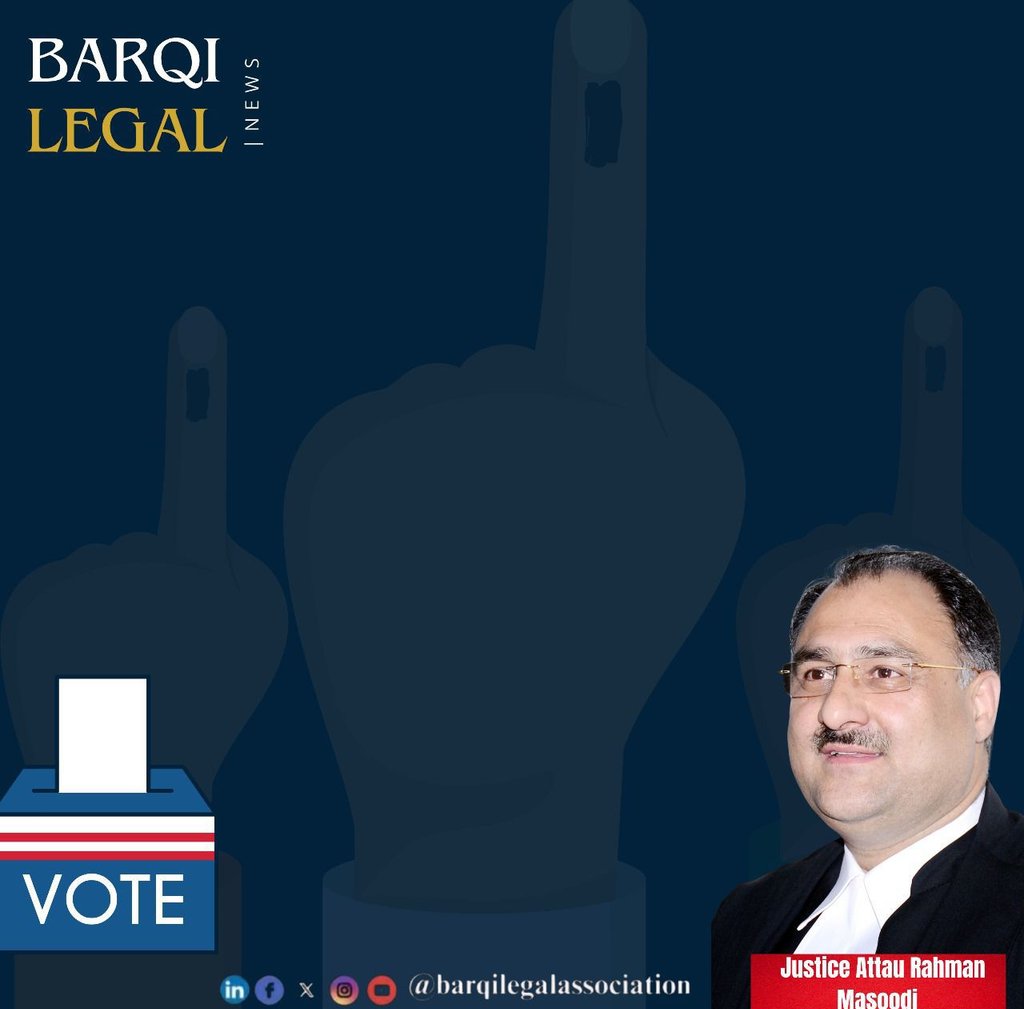Allahabad High Court Orders Recount in Contested Election Petition Amid Allegations Of Non-Cooperation
Hon'ble Justice Attau Rahman Masoodi heard arguments in the case Sadanand Tiwari vs State Of U.P. Thru. Addl. Chief / Prin. Secy., Panchayati Raj, Lucknow And Others from Sri Amrendra Nath Tripathi, representing the petitioner, and Sri Rohit Tripathi, counsel for respondent
10/9/20242 min read


Hon'ble Justice Attau Rahman Masoodi heard arguments in the case Sadanand Tiwari vs State Of U.P. Thru. Addl. Chief / Prin. Secy., Panchayati Raj, Lucknow And Others from Sri Amrendra Nath Tripathi, representing the petitioner, and Sri Rohit Tripathi, counsel for respondent numbers 4 and 5, while Sri Indrajeet Shukla appeared on behalf of the State. The writ petition in question raised significant legal questions regarding the procedure for adjudicating election petitions, which falls under the jurisdiction of the Sub Divisional Magistrate (opposite party no. 2). Although four issues were framed by the prescribed authority, the entire proceeding centered around issue no. 3, which pertained to the recounting of ballots.
The election petitioner submitted a list of four witnesses, of which only one was examined and cross-examined. After completing the examination of this witness, the petitioner did not present any additional evidence. At this juncture, the defence attempted to present its evidence, but the petitioner, who is defendant no. 1, failed to cooperate, leading to the closure of the evidence on August 27, 2024. Subsequently, the case was set for orders regarding the recounting of ballots, an issue directly linked to the pending application and issue no. 3.
The Court observed that treating the application for recounting as a miscellaneous proceeding could imply that a decision on the application would not resolve the entire election petition. Even assuming the sole issue left no room for adjudication of other matters, the prescribed authority should have based its decision on the testimony of the sole witness, especially since the election petitioner provided no further evidence. The Court described the findings supporting the recounting as lacking a proper foundation and potentially flawed.
Given the importance of the matter, the Court decided to issue notice to opposite party numbers 6 and 7, requiring steps to be taken within 15 days. The petitioner was also directed to serve notice to these parties outside the court and file an affidavit of service on the next date. Furthermore, the Court noted that the petitioner had not filed a written statement specifically denying the allegations in the election petition, particularly regarding his alleged non-cooperation. This failure raised the question of whether these allegations would be deemed admitted for deciding issue no. 3.
The Court allowed the prescribed authority to proceed with the recounting but ruled that the results would remain sealed and undisclosed until the Court granted further orders.
